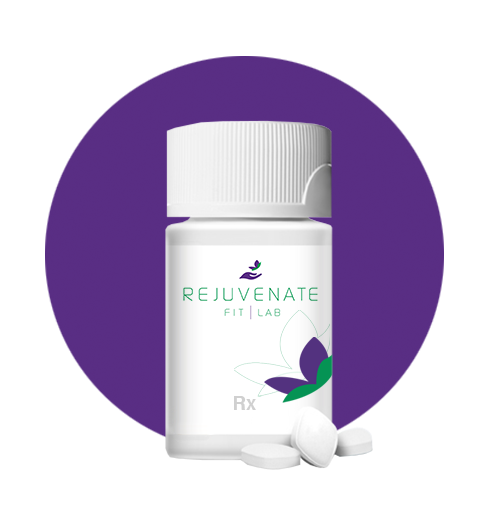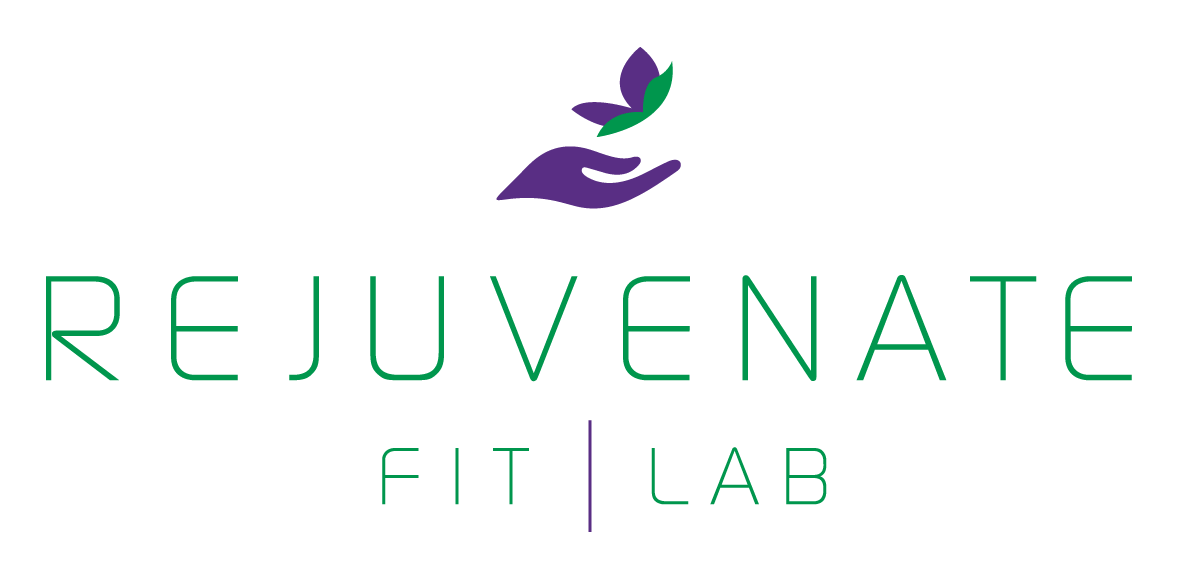How it works:
Zinc is needed for the proper growth and maintenance of the human body. It is found in several systems and biological reactions, and it is needed for immune function, wound healing, blood clotting, thyroid function, and much more.
Zinc may reduce the duration of cold symptoms, support blood sugar control, improve severe and inflammatory acne, decrease heart disease risk, and slow the progression of macular degeneration.
Zinc is a mineral. It is called an “essential trace element” because very small amounts of zinc are necessary for human health. Since the human body does not store excess zinc, it must be consumed regularly as part of the diet. Common dietary sources of zinc include red meat, poultry, and fish. Zinc deficiency can cause short stature, reduced ability to taste food, and the inability of testes and ovaries to function properly.
What the science says:
High levels of antioxidants and zinc significantly reduce the risk of advanced age-related macular degeneration (AMD) and its associated vision loss. These same nutrients had no significant effect on the development or progression of cataract. These findings from a nationwide clinical trial are reported in the October 2001 issue of Archives of Ophthalmology.
Scientists found that people at high risk of developing advanced stages of AMD, a leading cause of vision loss, lowered their risk by about 25 percent when treated with a high-dose combination of vitamin C, vitamin E, beta-carotene, and zinc. In the same high risk group — which includes people with intermediate AMD, or advanced AMD in one eye but not the other eye — the nutrients reduced the risk of vision loss caused by advanced AMD by about 19 percent. For those study participants who had either no AMD or early AMD, the nutrients did not provide an apparent benefit. The clinical trial — called the Age-Related Eye Disease Study (AREDS) — was sponsored by the National Eye Institute (NEI), one of the Federal government’s National Institutes of Health.
Ask the experts:
How to use Zinc Sulfate:
Zinc Sulfate is given as an IM injection
Precautions and possible side effects:
Zinc might decrease how much antibiotic the body absorbs. Taking zinc along with some antibiotics might decrease the effectiveness of some antibiotics. To avoid this interaction, take antibiotics at least 2 hours before or 4-6 hours after zinc supplements.
Some of these antibiotics that might interact with zinc include ciprofloxacin (Cipro), levofloxacin (Levaquin), ofloxacin (Floxin), moxifloxacin (Avelox), gatifloxacin (Tequin) enoxacin (Penetrex), norfloxacin (Chibroxin, Noroxin), sparfloxacin (Zagam), trovafloxacin (Trovan), and grepafloxacin (Raxar)



